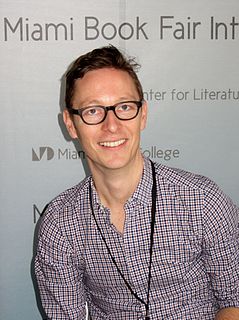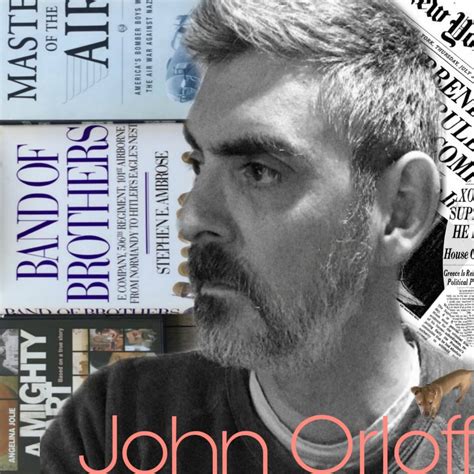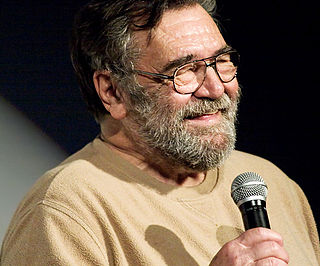A Quote by Eliot Schrefer
When I was a teenager, what I most wanted to read were fantasy novels. Not Tolkien and Malory, but sword-and-sorcery pulp. I craved glowy blue magic, chainmail bikinis, dragons with unpronounceable names.
Related Quotes
When Peter Jackson did The Lord of the Rings trilogy with Fellowship of the Ring, not everyone had read Tolkien, and yet somehow with that scope and the spectacle of that fantasy, people were willing to give it a shot. And when they watched the first one, the characters drew them in and they started understanding the story. And then, all of a sudden, they were The Lord of the Rings fans, even if they never read Tolkien.
I was also a science fiction and fantasy fan, growing up, in games and books and movies. I love Tolkien and I love Dungeons & Dragons, so the opportunity to have a fantasy-based RTS, or real time strategy game, at that time, seemed cool. I started playing it, and the early games were simple, but fun and they had these great heroes.
































